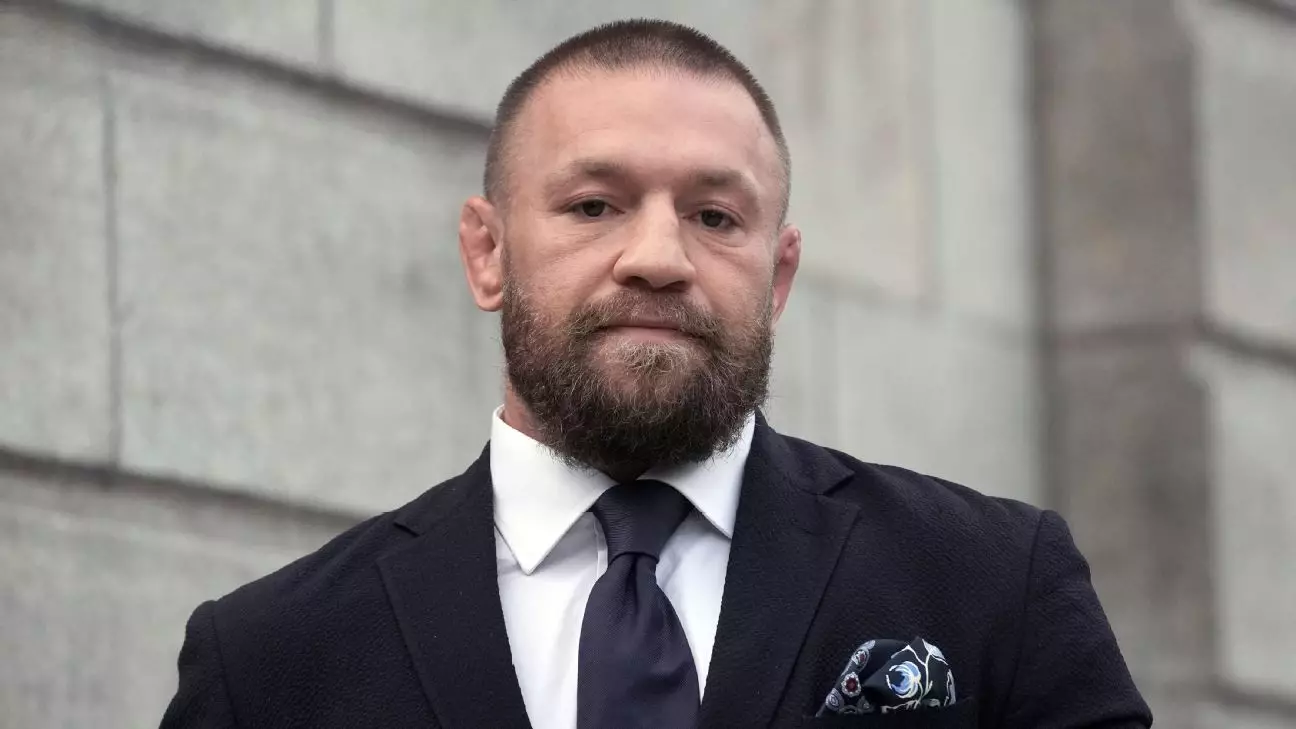Conor McGregor Faces Legal Battle Over Assault Allegations
When it comes to high-profile figures like Conor McGregor, the news isn’t just about sports victories and defeats. It’s intertwined with public perception, personal battles, and, sometimes, legal challenges. Recently, McGregor found himself at the center of a significant legal storm in Dublin, facing serious allegations of sexual assault. This case has caught the public’s attention not only for its high-profile nature but also for the complex issues it raises around consent and celebrity.
For those of us who have followed McGregor’s career, these allegations might seem at odds with the image of the fierce fighter we’ve come to know. But beyond the octagon, McGregor is now fighting a different kind of battle—one that involves his reputation and personal integrity. As someone who enjoys delving into both sports narratives and societal issues, I find this case particularly compelling. It serves as a reminder of how fame can amplify both triumphs and tribulations.
The courtroom drama unfolding in Dublin is not just another headline; it’s a real-life narrative that impacts everyone involved. McGregor has denied the allegations vehemently, labeling them as “full of lies.” Yet, the case continues to garner substantial media coverage, reflecting society’s ongoing struggle to reconcile public personas with private actions. For fans and followers alike, it’s a situation that prompts deeper reflection on how we perceive our heroes.
Key Takeaways
- The trial involves serious allegations against Conor McGregor regarding an incident from December 2018.
- The case highlights complex issues including consent, substance use, and celebrity influence on legal processes.
- Public interest in the trial underscores broader societal conversations about accountability and belief in survivors.
The Allegations
The allegations against McGregor stem from an incident alleged to have occurred on December 9, 2018. A woman has accused him of sexual assault following a work Christmas party. Such allegations are always serious and complicated by the fact that they involve events behind closed doors. In his defense, McGregor insists that their encounter was consensual, which he reiterated during his testimony on the sixth day of the trial. This denial is crucial not just for his legal standing but also for his public image.

One striking element of this case is how it brings into sharp focus the issue of consent. Legal arguments have been made regarding the woman’s mental state at the time due to her reported use of antidepressants and alcohol. This is where the courtroom drama extends beyond mere legalities into societal debates about what constitutes true consent. It’s a reminder that legal battles often mirror larger conversations happening outside courtroom walls.
Legal Complexity
As with many cases involving high-profile individuals, this trial is layered with complexities beyond just the facts of what happened that night in December 2018. The woman’s lawyer has pointed out medical observations indicating physical injuries that needed documentation right away. These claims add weight to her allegations but also serve as points of intense scrutiny during cross-examinations.
Another layer of complexity stems from McGregor’s public persona—a brash fighter known for his confident bravado both inside and outside the ring. This persona can impact jury perceptions as they weigh testimonies from both sides. It’s a delicate balance between judging based on evidence presented in court versus preconceived notions shaped by media portrayals.
The Role of Public Perception
This trial is under intense scrutiny not only because of its high-profile nature but also due to what it represents in our contemporary cultural climate—a clash between celebrity status and accountability. The jury tasked with deciding this case comprises eight women and four men who must sift through conflicting testimonies amidst a backdrop where public perception often overshadows facts.

McGregor’s previous image as a controversial figure complicates narratives surrounding him. While some may view him as an unapologetic iconoclast, others see these traits as potentially indicative of deeper issues related to power dynamics and consent. This dichotomy adds another layer for jurors tasked with delivering justice impartially while navigating their own biases influenced by celebrity culture.
Final Thoughts
The outcome of this trial could reverberate far beyond those directly involved—raising questions about accountability within fame-driven environments while challenging societal norms related to consent amid rising movements supporting sexual violence survivors globally (#MeToo). Whether or not justice prevails depends largely on how well jurors navigate these complex dynamics without succumbing entirely towards either extreme viewpoint dominating popular discourse today regarding celebrities accused under similar circumstances elsewhere worldwide.
[CONTINUE FROM HERE]
Conor McGregor legal battle assault allegations consent issues celebrity influence


Leave a Reply